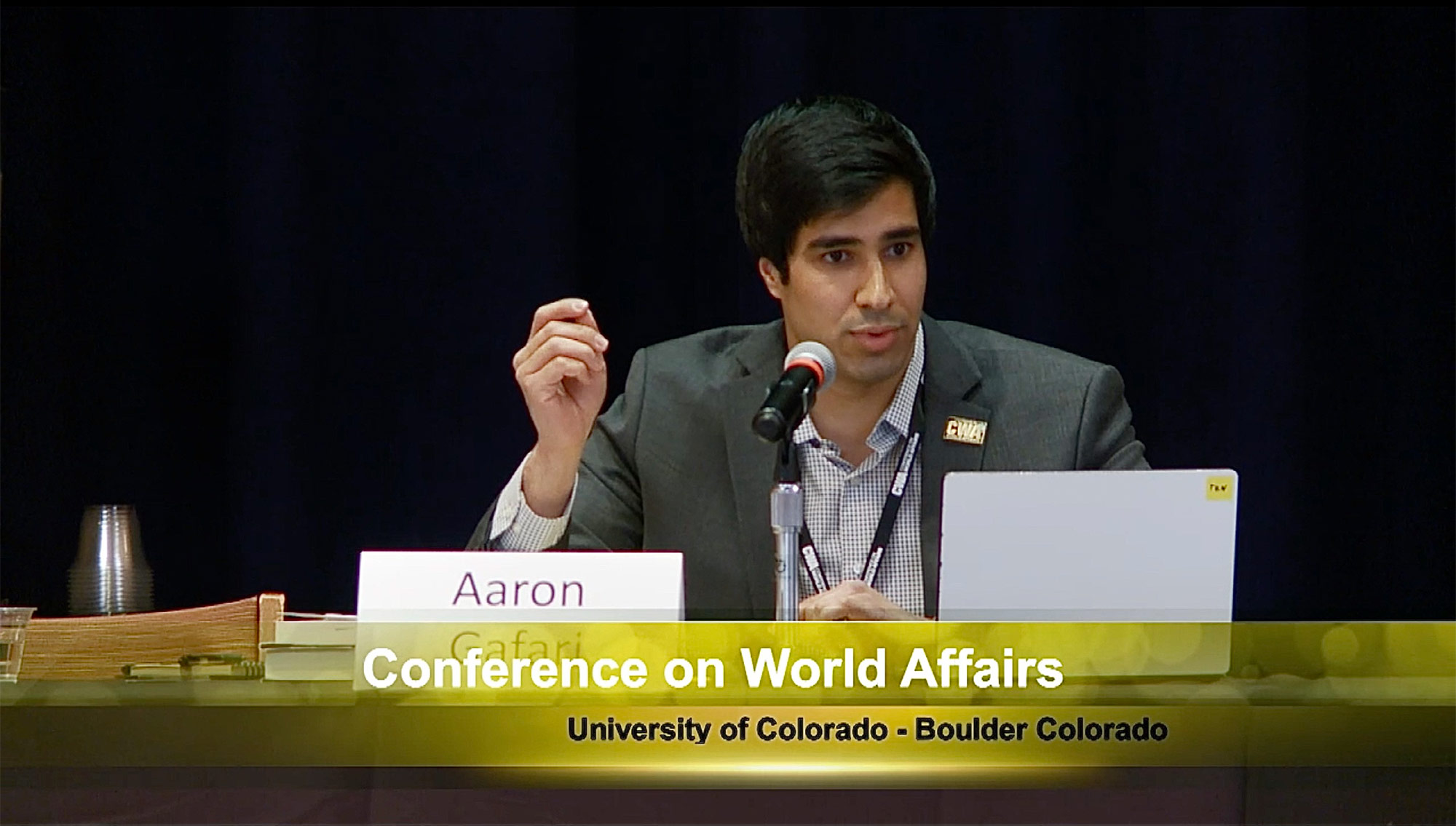His family’s journey started in 1979, when a Soviet-backed Communist regime took over Afghanistan. At the time, his father, Robert, was a privileged Afghan teenager visiting Poland. As the regime began executing members of Afghanistan’s educated and ruling class, Robert’s parents told him he would have to find his way from Poland to somewhere else. Home was no longer an option.
“Returning would have meant certain death for my father, based on his family’s political background,” Gafari said.
His father walked and hitchhiked through the Eastern bloc to find his way to democracy in West Germany. By the end of 1979, the Soviet Union had invaded Afghanistan, civil society collapsed and the resulting bloodshed and discord continued for 43 years and counting.
Robert immigrated to the United States and New York City, where he drove taxis and buses, managed convenience stores and sold Afghan rugs to make ends meet.
By the time the United States invaded Afghanistan after the 9/11 attacks, Robert had married Faith, another Afghan immigrant, and built a comfortable life owning a thriving Afghan rug showroom in Denver.
“Growing up in the post-9/11 world, all I’ve ever known was the U.S. being at war with Afghanistan,” said Gafari, who was barely a year old when the Twin Towers fell. “My family is extremely pro-American, but it was heartbreaking to see the circumstances in which people were living.”
The Gafaris’ rug business partnered with an organization in Afghanistan that pays women to hand-weave the rugs. When they traveled in-country, they would deliver care packages and build small libraries, Gafari said. After the U.S. withdrew from Afghanistan in 2021, the Taliban destroyed almost all of the libraries.
Most of Gafari’s youth was spent in the rug showroom, first crawling on the wares, and then selling them and helping run the business. But Gafari remembers the sense of impending doom as globalization and e-commerce led the assault on locally owned retailers.
“We had customers who would come in and say they’ve switched to rugs that are machine-made reproductions and 100 times cheaper,” Gafari said. “Some still appreciate knowing they’re getting a rug that’s handmade, but the average consumer just wants something that’s more affordable.”
When the store closed its doors in 2017, Gafari looked at his father and saw for the first time an immigrant who didn’t know which way to turn. Robert had no formal education, few technological skills and no résumé.






